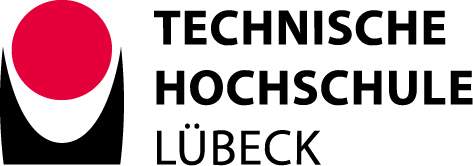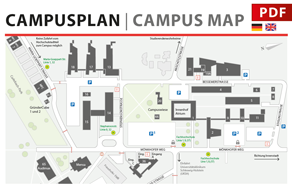DRAISE
Wireless, robust, adaptive, industrial Systems
| Duration: | 01.02.2016 - 30.04.2019 |
| Project Leader: | Prof. Dr.-Ing. Horst Hellbrück |
| Staff: | Swen Leugner, M.Sc., Manfred Constapel, M.Sc. |
Background
In the DRAISE joint project, wireless communication systems for production and intralogistics are being researched and developed. These communication systems allow data to be reliably collected by radio from industrial environments, condensed into relevant information and correlated to achieve added value.
The automation of production plants in industry is advancing steadily. Reliable data transmission systems are a necessary prerequisite here: only in this way can smooth production processes be guaranteed. However, the market for industrial automation currently offers almost exclusively wired solutions. Applications of wireless networks have hardly been able to establish themselves so far because they do not function reliably enough and have too high and variable latency times. The challenge, therefore, is to develop a new wireless technology that no longer has these weak points and can be easily integrated into existing systems.
Objective
The aim of the CoSA sub-project is to research and optimize protocols for wireless communication networks for production and intralogistics. The Technical University of Lübeck is developing solutions to the technical challenges in cooperation with the Technical University of Hamburg-Harburg (TUHH). The TH Lübeck focuses on developing solutions for single-hop communication. TUHH is responsible for multi-hop communication. To achieve the goals, reliable coexistence with other radio systems, error-free and timely communication, and seamless connectivity via one or more gateways must be researched and developed. Communication must be reliable enough in the industrial environment to target a latency below 10 ms and a packet loss rate below 10-6, even when typical interference occurs. In addition, technical solutions must have the greatest possible flexibility and be virtually maintenance-free. The use of additional technology must not disrupt existing processes or place an unreasonable burden on the personnel performing the work.
Approach
In the CoSA subproject, models are being developed for various interference influences. These include interference from like systems, other communication systems and other sources of electromagnetic interference. With the knowledge gained from the modeling, TH Lübeck is working on single-hop communication, cooperative spectrum sensing and radio interference immunity. Algorithms for cooperative- and non-cooperative coexistence of multiple systems on the same frequency channel are developed and their performance evaluated. Furthermore, methods for communication over multiple frequency channels are developed. These include frequency hopping methods with constant change of the channel used or simultaneous use of multiple channels. The developed procedures and algorithms are integrated into the overall system and implemented in the demonstrator.
Project partner | Founded by | |
| Bundesministerium für Bildung und Forschung
| |
Technische Universität Hamburg
| ||
|





